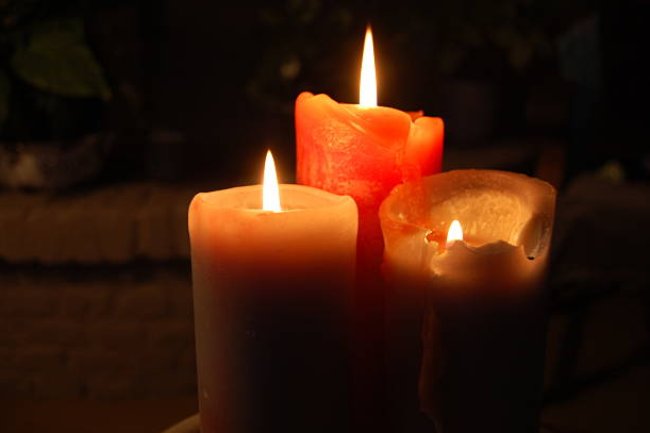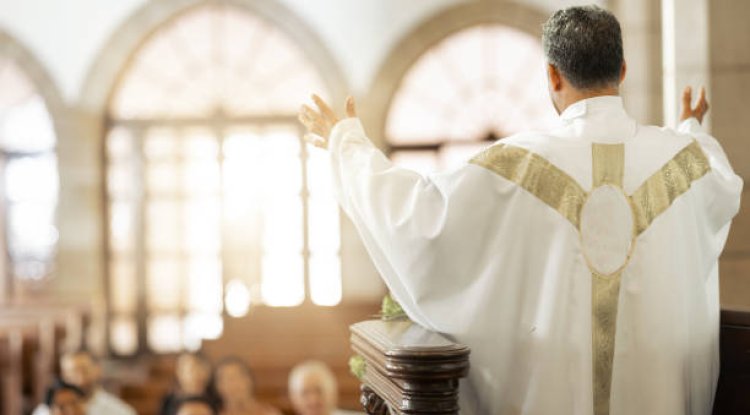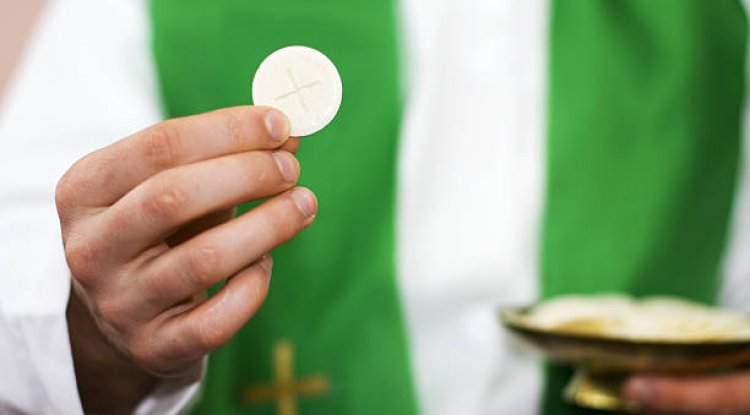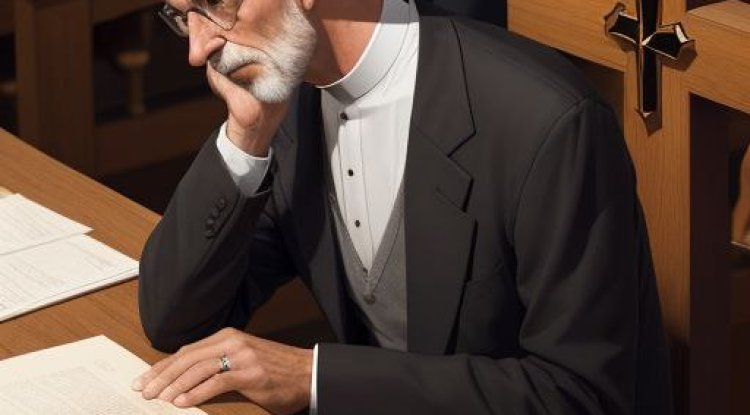MY CIRCLE SYNDROME
HOMILY FOR TWENTY-SIXTH SUNDAY IN ORDINARY TIME, YEAR B. Readings: Numbers 11:25-29; Psalm 19; James 5:1-6 and Mark 9:38-43.45.47-48.

Christianity is deeper than we think, it is not just the outward behavior exhibited by excessive enthusiasm. There are moments we unconsciously segregate people because they do not make part of our group or circle. Today’s liturgy makes us understand that the Spirit of God is not restricted to a given people only. This is evident in the typology of Jesus as the new Moses, that is, the relationship of the Old and New Testaments.
The first reading and the Gospel have a lot in common. In the words of Scott Hahn, seeing Jesus Christ as the typology of Moses, we recall, “Moses gave the law to the twelve tribes of Israel and chose from them the twelve princes to assist him in governing Israel. Similarly, Christ chose twelve Apostles to assist him in his public ministry.” In today’s first reading, “The Lord came down in the cloud and spoke to Moses and took some of the Spirit that was upon him and put it upon the seventy elders; and when the Spirit rested upon them, they prophesied” (Num. 11:25). They were anointed to assist Moses in governing the people of God. Likewise, Jesus looked at the crowd, saw them growing and he said to the Apostles, the harvest is rich but the labourers are few and in another occasion He chose seventy other disciples (Luke 10:1) with the mission to heal the sick and to announce that the kingdom of God is at hand.
The seventy elders needed the same spirit that was in Moses, they needed to have his vision, his heart and his attitude. This spirit was given to them. However, the operation of the Holy Spirit is not limited to a particular people or geography; even the two men (Eldad and Medad) who were not with the rest of the seventy elders also received the Holy Spirit and they prophesied in the camp in the same manner like the others. When Joshua suggested to Moses to forbid them from prophesying, Moses responded, “Are you jealous for my sake?” Moses was not afraid of a genuinely Spirit-filled man, Joshua instead thought of such as being a rival or a divisive person.
Similarly, in the Gospel, John said to Jesus, “Teacher, we saw a man casting out demons in your name, and we forbade him because he was not following us” (Mk. 9:38). In response, Christ said, “Do not forbid him; for no one who does a mighty work in my name will be able soon after to speak evil of me. For he that is not against us is for us” (v.39). A similar response of Moses to Joshua in refusal of his request was also because it is the will of God that all men receive His Spirit and be saved, that is why he said, “Would that all the Lord’s people were prophets, that the Lord would put his spirit upon them!” So, as Joshua was jealous, envious and worried about Eldad and Medad for not belonging to their group, so are the disciples of Jesus, worried about those who worked miracles in the name of Jesus without belonging to their circle. However, the responses of Moses and Jesus are in clear opposition to the spirit of envy and jealousy over the gifts of others. Christ further speaks in the Gospel about these vices.
Christ urges us to cut off whatever will cause us to sin or lead others to sin. We must cut off the spirit of envy and jealousy; we must cut off anger, hatred, pride and lust, and all sorts of vices, which stand as a hindrance to the kingdom of God. We must cut off all vices, because by dying to vices, we cultivate virtues.
St. James urges us in the second reading to cut off the vices of oppression, suppression and injustice against the weak, the poor and those who do not belong to our circle or group. He urges us not to use our possessions or wealth against the weak or the poor but to use them in service to others. He warns us of the danger of being greedy with our wealth, which can make us selfish and blind to the needs of others. Hence, we must cut off the vices of greed and selfishness, for true wealth is found in sharing and caring for the less privilege.
In a nutshell, sometimes we consciously or unconsciously act like the disciples of Jesus and Moses, not appreciating the good in others and wishing we could stop them from glowing. At some occasions, we just want to stand high alone and have no co-player. If anyone should spring up, we become jealous and envious and see him or her as a rival. Today’s liturgy shuns such attitude, but upholds the unlimited power of God to choose and give His Spirit to whomever He pleases, regardless of where they are. We should be open to seeing God’s work in unexpected places and people. No individual or Church has a monopoly of the Holy Spirit.
Happy Sunday!
Fr. Ken Dogbo, OSJ
What's Your Reaction?



















